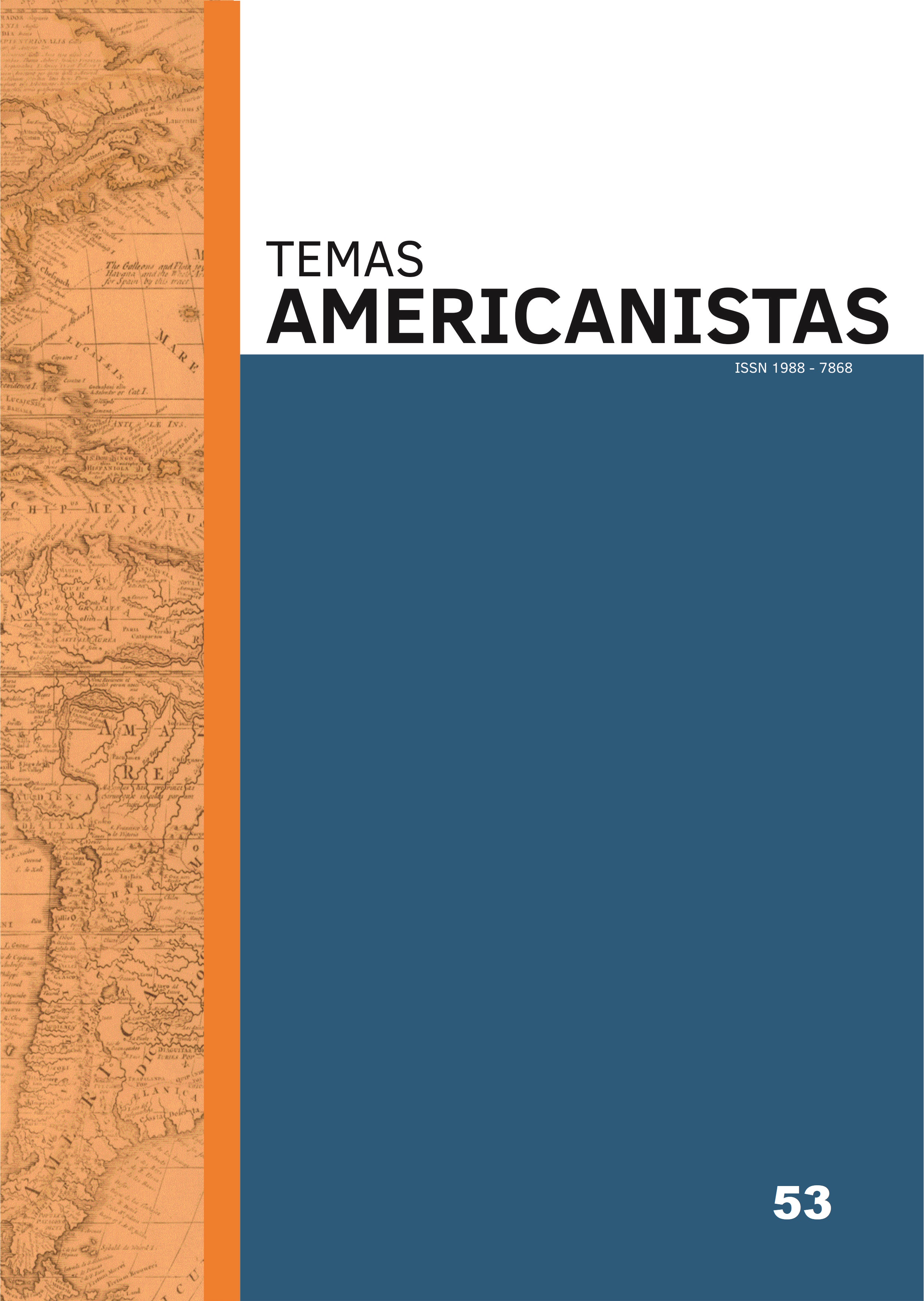Abstract
In April 1972, the Third United Nations Conference on Trade and Development (UNCTAD) took place in Santiago de Chile. This was a great achievement of Salvador Allende's government's foreign policy. The nation emerged as a relevant example of a significant global challenge: the fight for recognition and rights of developing nations, largely due to the political journey undertaken there characterized by its unique “Chilean approach to socialism”. Through the reconstruction of that Conference, this paper reviews the way in which developing countries configured and articulated their demands within the framework of the United Nations. Revisiting UNCTAD III allows us to make a reflection that, more than fifty years after its closure, is still relevant today. The discussions in the various Multilateral Forums still seem to maintain the concerns of developing countries: inequality, poverty, protectionism and the lack of technology transfer. This work is supported by documents from the Historical Archive of the Chilean Ministry of Foreign Affairs and the Archive of the Spanish Ministry of Foreign Affairs, as well as various specialised journals of the time and secondary sources.
References
ÁLVARO BRIONES, “El Tercer Mundo en la perspectiva Latinoamericana”, Estudios Internacionales, vol. XIX, núm. 75 (Santiago de Chile, julio-septiembre, 1986).
CEPAL, Perspectivas del Comercio Internacional de América Latina y el Caribe, 2022.
DAVID MAULEN DE LOS REYES, “Proyecto Edificio UNCTAD III: Santiago de Chile (junio 1971 - abril 1972)”, Revista De Arquitectura, vol. XII, núm. 13 (enero, 2006), pp. 80-92.
DAVID POLLOK, “Lecciones de UNCTAD I y II para UNCTAD III en Chile”, Mensaje, vol. XXI, núm. 207 (Santiago de Chile, marzo-abril, 1972).
DIETRICH KEBSCHULL, “UNCTAD III — One more disappointment”, Trade And Development, núm.7 (julio, 1972), pp. 205-209.
JOAQUÍN FERMANDOIS, Chile y el Mundo, 1970-1973. La Política Exterior del Gobierno de la Unidad Popular y el Sistema Internacional (Santiago: Ediciones Universidad Católica de Chile, 1985).
JOHN TOYE, Reseña histórica de la UNCTAD en su 50º aniversario (Ginebra: Naciones Unidas, 2014), pp. 23-24.
JORGE VERA CASTILLO, La Política Exterior Chilena durante el Gobierno del Presidente Salvador Allende, 1970-1973 (Santiago de Chile: Ediciones IERIC, 1987).
JORGE VITERI, “Orígenes de la UNCTAD”, Mensaje, vol. XXI, núm. 207 (Santiago de Chile, marzo-abril, 1972).
JOSÉ MARÍA DÍAZ DORRONSORO, Cambio 16: Historia y testimonio de la mítica revista de la transición democrática española, en el 40º aniversario de su fundación (Madrid: Saber y Comunicación, 2012).
LAWRENCE JUDA, “World Shipping, UNCTAD, and the New International Economic Order”, International Organization, vol. XXXV, núm. 3 (1981), pp. 493-516.
MAHMUD A. BURNEY, "A recognition of interdependence: UNCTAD V: An analysis of the results of the Manila session of the United Nations Conference on Trade and Development against the background of discussion on North-South issues", Finance & Development, vol. XVI, núm. 3 (septiembre, 1979).
MARÍA MANUELA DE CORA, “Ha comenzado el diálogo. UNCTAD III”, ÍNDICE, núm. 307 (15 de mayo de 1972).
RAÚL PREBISCH, “Transformación y desarrollo”, Cambio 16, núm. 21 (10 de abril de 1972). ÍNDICE, núm. 307 (15 de mayo de 1972).
TANYA HARMER, El gobierno de Allende y la Guerra Fría Interamericana (Santiago de Chile: Universidad Diego Portales, 2013).
UNCTAD, Actas de la Conferencia de las Naciones Unidas sobre comercio y desarrollo tercer período de sesiones, Santiago de Chile, 13 de abril - 21 de mayo de 1972. volumen I.
VANYA WALKER-LEIGH, “Was Unctad III a Failure?”, The World Today, vol. XXVIII, núm. 9 (septiembre, 1972, pp. 411-420).
WORLD BANK, Robert S. McNamara at the World Bank: In Retrospect, Development Reflections Series, (Washington, DC: World Bank, 2021).

